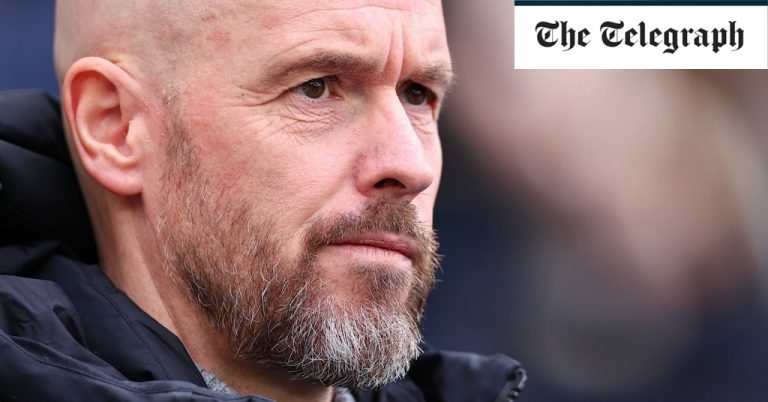United can beat most teams and still face criticism if the performance is not up to scratch, as was the case against Everton last weekend. When United face Liverpool, it is always about the result.
The two clubs’ position as England’s most successful means there is more emotion around these meetings than any in the fixture calendar, only the city derbies getting close. Winning feels more satisfying and losing stings more.
Managerial changes have often followed the realisation one club has fallen too far behind their north-west neighbour, and particularly poor showings in this fixture for coaches who are already under pressure have a habit of setting the stopwatch for the end of a reign.
Brendan Rodgers’ fate was sealed after defeat by United in September 2015, as it later emerged FSG had their first meetings with Klopp in New York shortly after.
Jose Mourinho was sacked as United manager after defeat at Anfield in 2018, the hot-blooded reaction to being outplayed demanding immediate reassurance to the fanbase a change of directions was afoot. Three years later, Ole Gunnar Solskjaer was sacked within a month of a 5-0 loss at Old Trafford.
Ten Hag’s experiences against Liverpool so far have been mixed. At the start of his reign he won over sceptics with a 2-1 win. Murmurs had begun after a couple of dodgy performances in August 2022. They were laid to rest for a long time after the victory over Liverpool at Old Trafford.
There have not been enough days like that, and the speed with which Liverpool have re-asserted superiority over United having finished eight points behind last season is one of the reasons Ten Hag finds himself in such a difficult situation now. History may offer him comfort.
The FA Cup will always be synonymous at Old Trafford as the trophy which kickstarted Sir Alex Ferguson’s glorious reign. Every time an under pressure United manager secures a hard-fought, narrow victory in the competition, Mark Robins’ ears are burning.
Casemiro’s late winner against Nottingham Forest in the last round was more worthy of comparison with the goal that changed English football history than most, given it was in the same stadium and against the same opponent where Ferguson’s side famously won in 1990 en route to his first major honour in England.
